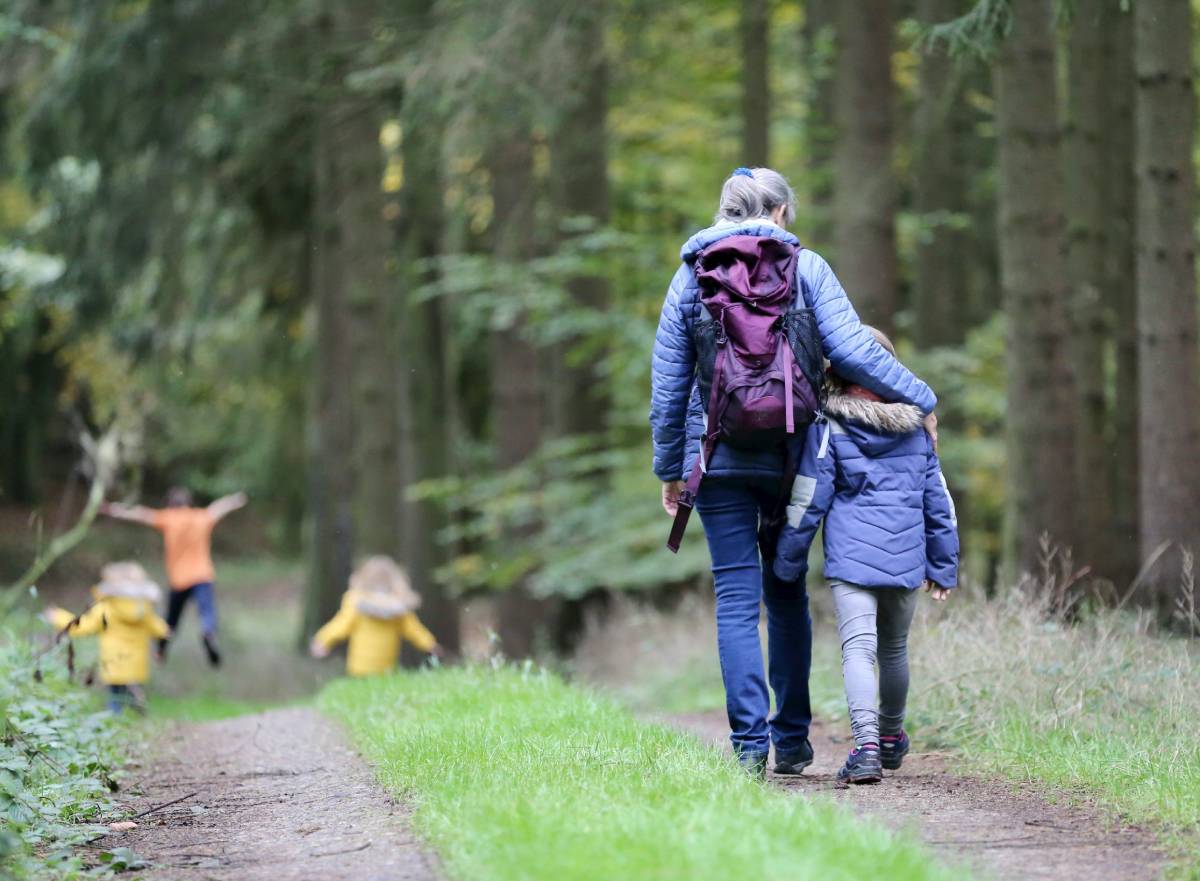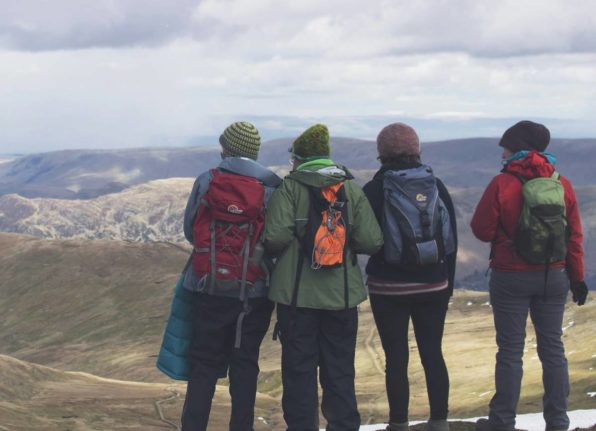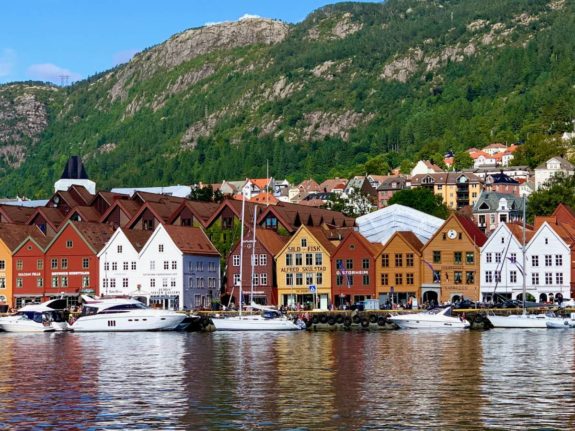Whether relocating for work opportunities, education, or personal reasons, the transition to a new environment brings a number of challenges and adjustments – from a foreign language and different cultural and social norms to a specific job market and (often) harsh climate.
This is particularly true for parents, who, upon moving, are tasked with navigating unfamiliar territories (such as the Norwegian education system) while ensuring the well-being of their children.
READ MORE: How to make friends in Norway – six things I wish someone had told me
Therefore, it’s not surprising that many newcomers to Norway desire to establish connections and find a support network with fellow parents in their adopted homeland.
Building friendships with other parents not only fosters a sense of belonging and camaraderie but also provides invaluable support, advice, and resources as families acclimate to their new surroundings.
Additionally, developing friendships with local parents opens doors to opportunities for social engagement, cultural exchange, and mutual support.
One of the key things is to know where to look.
After-school activities and hobbies
Norwegian society encourages parental involvement in extracurricular activities to a much higher degree than many other European countries.
While this might be somewhat exhausting (and expensive) at times, it provides parents with an excellent opportunity to meet other parents with similar interests and values.
READ MORE: Settling in Norway: Five places to meet new people and make friends
Whether cheering on your child at a soccer match, attending a school concert together, or participating in school or club flea markets, these experiences create opportunities for bonding.
The atmosphere at such events is usually brimming with positive energy, and you’ll often find that the people you meet there will be much more open and communicative than your regular Norwegian (or at least the stereotype of your regular Norwegian), so use the opportunity to strike up conversations.
Local get-together sessions
There are a number of regular get-together sessions in most Norwegian towns and cities where parents with young children gather for playtime and social interaction.
These sessions often include activities like singing – for example, in the Austevoll Municipality in Vestland County, new parents gather to sing traditional Norwegian songs to their young children, while multiple parish churches in Bergen offer similar gatherings in a more religious but still laidback setting – as well as storytelling, and arts and crafts.
All of these activities provide international parents opportunities to connect with other parents in a relaxed local setting.

Parenting classes
In some regions of Norway, municipalities offer parenting classes and seminars for expecting and new parents.
Note that this is not the case in all parts of Norway, and you might need to go private (which means you’ll need to pay for courses) if you want to prepare for parenthood, especially in the prenatal segment of your parenthood journey (at the time of writing, a 2-hour class for expecting parents was priced at 1900 kroner in Bergen, western Norway).
READ ALSO: The best tips to help you settle in Norway
Depending on the workshop, you’ll learn more about what to expect before, during, and after birth and receive valuable tips on enhancing parent-child communication and strengthening family relationships.
At these programs, you’ll meet like-minded parents who are in a similar situation to yours. This will make it easier to build connections, as you’ll share both concerns and interests.
Join online groups
There are a number of social media groups where parents connect with other parents in their area to exchange advice, recommendations, and local parenting resources.
The “Foreldre for foreldre” and “Foreldre & Barn” Facebook groups are both great examples of this.
Just make sure to find a municipality-specific group if possible (you can often find the right fit by Googling or searching “foreldre” along with the name of your municipality on Facebook or Google).
Through online platforms like this, you’ll be able to connect with other parents, arrange playdates, and stay updated on community events and initiatives that will help you socialize with others.

Engage in classic Norwegian recreational activities
If you want to broaden your social circle and integrate into the local community, joining a local hiking group for families, where parents and children explore scenic trails and enjoy outdoor adventures together, is a great option.
These outings not only promote physical activity and nature appreciation but also provide opportunities for parents to connect with others who share a passion for outdoor recreation and family-friendly activities – which many Norwegians do, to a borderline obsessive extent.
So, prepare the necessary hiking apparel for your family and be ready to strike up a conversation with another parent.
Stick with the hobbies you know
While doing new things is often fun and exciting, sticking to your year-long hobbies will also give you many opportunities to meet new parents in Norway.
Whether you’re into Sci-Fi, board games, soccer, or martial arts, if you join a local group or club after moving to Norway, sooner or later, you’ll meet a parent who shares your interests.
READ MORE: How to have a fulfilling social life in Norway without breaking the bank
After a while, you’ll likely start hanging out even outside of your hobby (just remember to show initiative and ask for that coffee meet-up or dinner after your training session – being proactive tends to pay off).
As long as you’re approachable, listen attentively, and express genuine interest in getting to know others, the chosen avenue for meeting people won’t matter that much, as you’ll put yourself in a great position for friendships can flourish organically regardless of whether you take part in activities, parenting workshops, or online platforms.



 Please whitelist us to continue reading.
Please whitelist us to continue reading.
Member comments